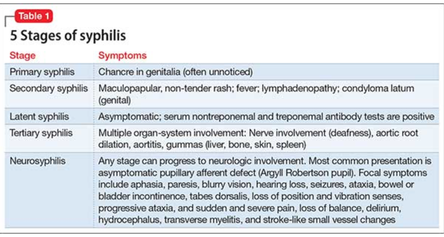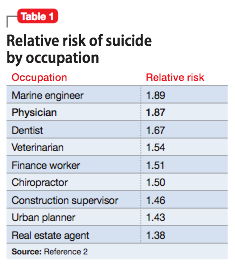
While not entirely well understood, the link between mental illness and CVD goes both ways. Specifically those with mental illness are at higher risk of heart disease, likely secondary to substance use, unhealthy lifestyle behaviours, and side effects of certain psychotropic medications, as wellas higher rates of mortality and morbidity related to heart disease, perhaps due to noncompliance with medications, and physiologic effects of stress and low mood on the body.
However, those with heart disease are also at higher risk for depression and anxiety. In fact, growing evidence indicates that rates of depression are higher among those with CAD, as well as those who have had a history of MI and/or cardiac revascularization procedures compared to that of the general population.
While new studies are being conducted to examine the use of certain medications, such as SSRIs in treating heart disease and statins for management of depression, our current focus should be on optimizing our patients' well-being and reminding ourselves of the connection between physical and mental health. As such, consider the emotional impact of a new diagnosis of CVD or recommendation of surgery, and consider screening for mental health conditions in patients with known heart disease as addressing both issues is important to a patient's overall function, longevity, and quality of life.
"I’ve chatted with patients about the crippling demands that heart transplants or bypass surgeries place on them. I’ve listened as patients struggle to speak, breathing heavily, lungs filled with fluid from congestive heart failure. Some patients fall into despair after years of endless medications, hospitalizations and poor health. Others are petrified by the operating room and the long road to recovery that lies ahead...
...Depressed patients with cardiac disease have mortality rates twice as high as their non-depressed counterparts. Heart disease patients with depression are at higher risk of cardiac arrest, complications from surgery and hospital readmission after undergoing procedures than those without depression."
To read more, visit:
- https://www.washingtonpost.com/national/health-science/mental-illness-and-heart-disease-are-often-found-in-the-same-patients/2017/02/17/665e5dd0-ee1d-11e6-9973-c5efb7ccfb0d_story.html?utm_term=.e2bf61573b2e
- https://well.blogs.nytimes.com/2015/11/05/ask-well-what-is-the-link-between-depression-and-heart-disease/?smid=pl-share&_r=1


 RSS Feed
RSS Feed
